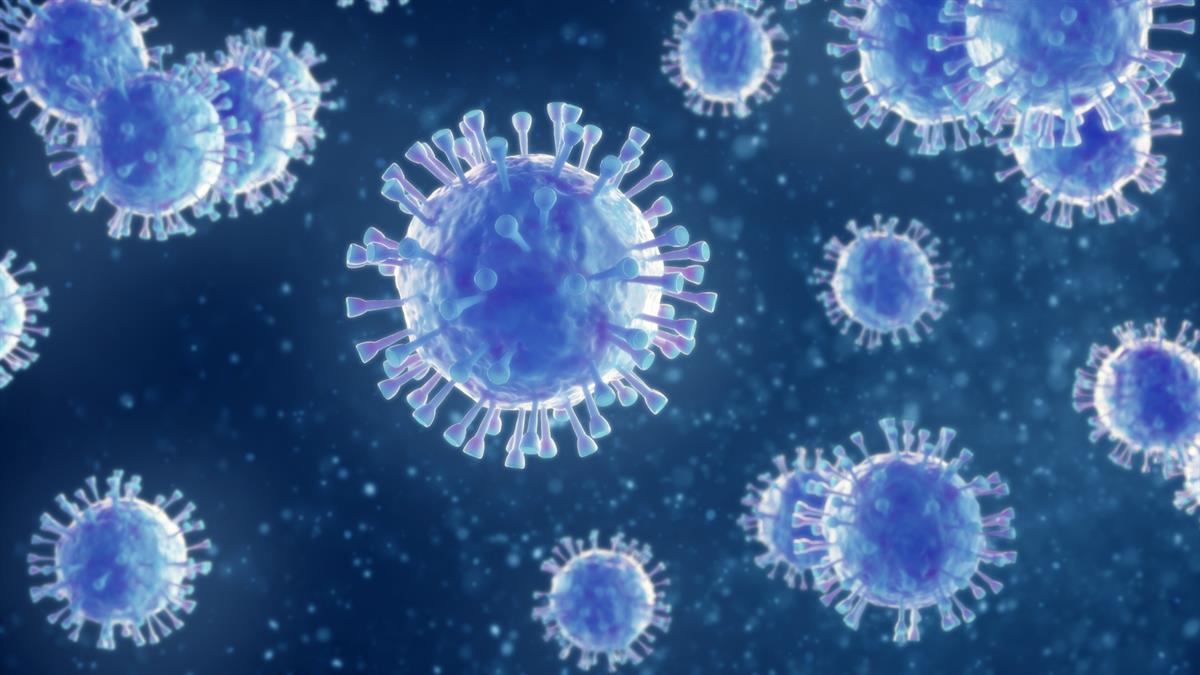New Delhi: With the rising number of Covid-19 cases and the discovery of numerous new Covid-19 variants, India requires more establishments of genome sequencing laboratories to understand the true causes behind this sudden surge, experts claimed. Only certain selected samples get tested in the laboratories and under the present circumstances, the genome sequencing facilities across the country do not have the capability to sequence all of the positive samples, especially with the increasing number of cases.
Referring to the present surge of Covid-19 cases, Dr Nishith Kumar Pal, HoD of Microbiology, Jagannath Gupta Institute of Medical Sciences and Hospital, Kolkata, told The Sunday Guardian, “If certain Covid-19 samples are sent to a genome sequencing lab, let’s say in Bangalore, it will take either two to four weeks to get the results. Also, there are not many private sequencing labs in India. Although, all the government genome sequencing labs are working hard, however, we are missing some details but no country can test all the Covid-19 samples.”
Similarly, from the Department of Biochemistry, Bose Institute, Kolkata, Associate Professor, Abhrajyoti Ghosh, said, “India has several State-of-the-Art genomic facilities in different cities. However, the way Covid-19 cases are rising at the moment, sequencing all the Covid-19 samples is not feasible. The genome sequencing laboratories can’t sequence the viral genome collected from all the positive samples under the present scenario.”
While discussing the process of sequencing, Dr Pal added, “Sequencing is done in a machine, after processing the sample, once you load it, genome sequencing starts. The results can be seen on the computer monitor and can also be downloaded. Each sequence has got many nucleotides; for a normal human, it is difficult to find out where the mutation has occurred. So, there is software that analyses the sequence and then provides the researchers with the information of mutation. Then we compare it with the results of the previous variants to understand the changes in the mutation.”
At present, the Indian SARS-CoV-2 Genomics Consortium (INSACOG), which is initiated jointly by the Union Ministry of Health and the Department of Biotechnology (DBT) in collaboration with the Council for Scientific and Industrial Research (CSIR) and the Indian Council of Medical Research (ICMR), is a consortium of 38 laboratories to track the genomic variation of COVID. The National Centre for Disease Control (NCDC), Delhi, is facilitating INSACOG, a multi-laboratory, multi-agency Pan-India network to monitor genomic variations in the SARS-CoV-2 virus through a sentinel sequencing effort involving the Central Surveillance Unit (CSU) under the Integrated Disease Surveillance Programme (IDSP). The data received from the genome sequencing laboratories assist in the understanding of super spreader events and outbreaks, as well as strengthening public health efforts across the country to help break transmission chains. By combining this information with the data gathered from the IDSP and the symptoms of the patients, researchers can gain a better knowledge of viral infection dynamics, morbidity, and mortality trends. Also, the data can be linked to host genetics, immunology, clinical outcomes, and risk factors. Furthermore, as a result of the reported cases of reinfection and vaccine failures, samples are being sequenced.
While highlighting some of the challenges of genome sequencing all Covid-19 samples in real-time, Distinguished Professor and founder of the National Institute of Biomedical Genomics, Kalyani, Dr Partha P. Majumder, told this correspondent, “Cost involved in sequencing, time and safety measures required for preparing samples for sequencing, lack of adequate sequencing facilities and expert manpower are some of the real challenges at present in the labs.”
Due to the sudden spike in the number of Covid-19 cases, a significant lab in India’s genome sequencing network, Delhi-based the National Centres for Disease Control (NCDC), has instructed states to stop sending Covid-19 samples for the time being. However, the NCDC director, Sujeet Kumar Singh said that the Covid-19 samples collected from Delhi should be transferred to other genome sequencing laboratories to prevent delays in processing and reporting. In addition, several states have been instructed to send the samples to the nearby labs that have the necessary capacity. At present, it has been estimated that the NCDC has the capacity to sequence 3000 samples per month. However, as per many experts, India requires more genome sequencing laboratories and more trained manpower, however, it is time-consuming work to set up genome sequencing labs in every district and at every RTPCR centre.
More genome sequencing labs needed to evaluate Covid samples
- Advertisement -

